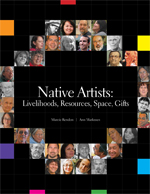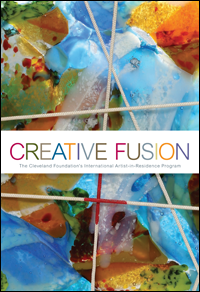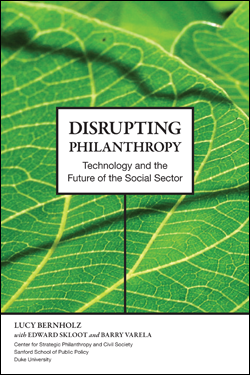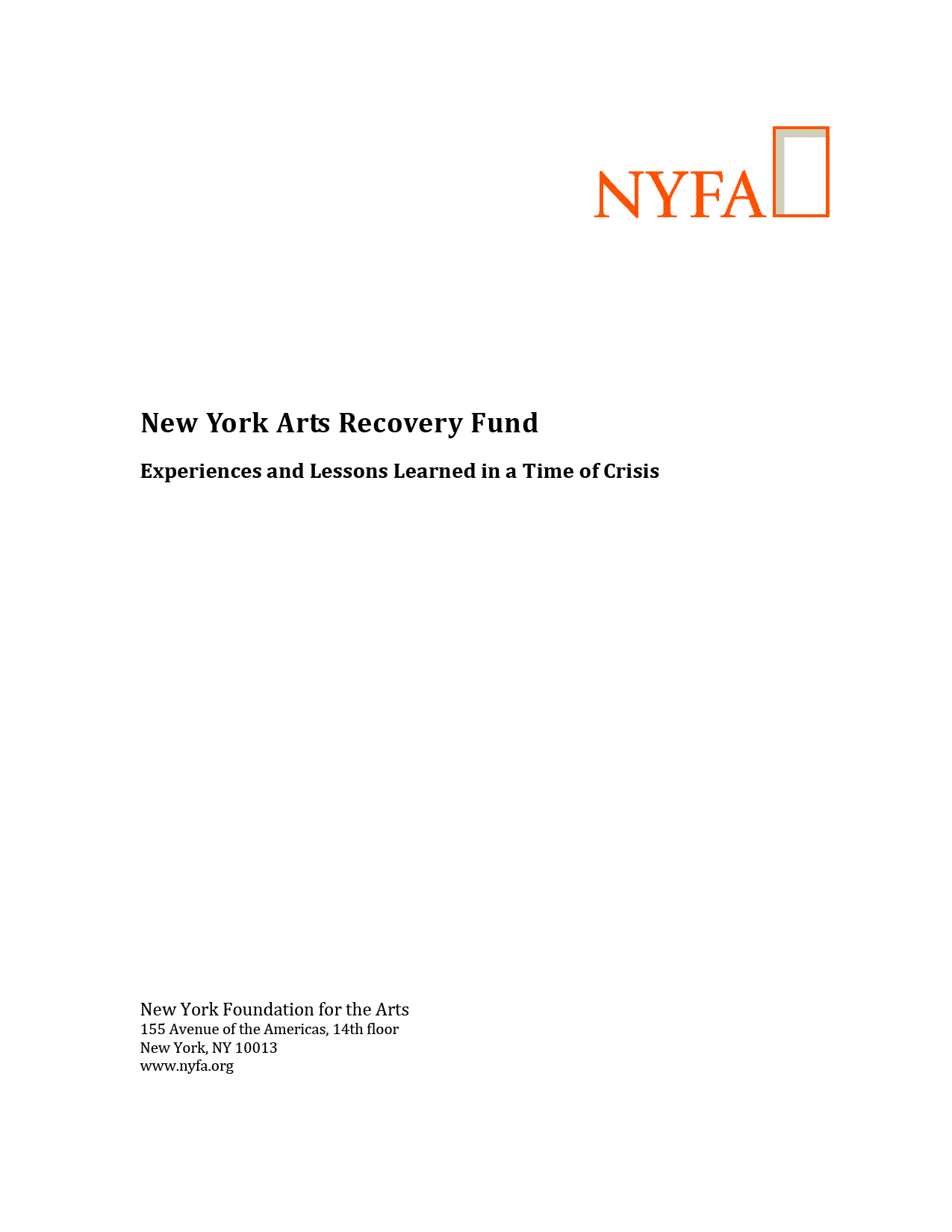Support for Individual Artists
GIA members have been working together to promote and improve funding for individual artists for over 20 years. The Support for Individual Artists Committee has been one of the most active groups of funders within GIA. Over the years, the committee has been an incubator for such projects as a scan of scholarly research on artist support, a visual timeline outlining the history of artist support funding, major publications, and programs, and the development of a national taxonomy for reporting data on support for individual artists. The committee continues to advise, inspire, and inform GIA’s thought leadership and programming in support for individual artists.
Click here to listen to the latest podcast, and see below for resources.
— Jim Leach, chair, National Endowment for the Humanities
2010, 98 pages, The Cleveland Foundation, 1422 Euclid Avenue, Cleveland, OH, 44115, (216) 861-3810 http://www.clevelandfoundation.org
Download:
Read More...May 2010, 49 pages. Center for Strategic Philanthropy and Civil Society, Sanford School of Public Policy, Duke University, Box 90524, Durham, NC, 27708, 919-613-7432 www.sanford.duke.edu
Read More...
2009, 128 pages. Arts Economy Initiative, Project on Regional and Industrial Economics, Humphrey Institute of Public Affairs, and the University of Minnesota.
Read More...Originally a nautical term, battening down was a procedure to safeguard ships against bad weather. The crew would prepare for an impending storm by fastening canvas over doorways and hatches. Now in the arts, it is a time to take a few deep breaths and batten down the hatches.
Read More...Recent studies on New York’s creative sector have established that the arts are a key asset in the city’s economic portfolio. Culture Counts: Strategies for a More Vibrant Cultural Life for New York City (2001); Creative New York (2005); and The Arts as an Industry: Their Economic Impact on New York City and New York State (2007) provide ample evidence that the diverse number of cultural institutions, arts-related businesses, and artists in New York generate employment, attract tourism, and enhance the city’s quality of life.
Read More...Like most Americans, you may be baffled by the continued optimism of our President and his advisors about the economy. Every month more people are laid off, unemployment mounts, and thousands of small businesses, including those headed by artists, collapse. More people lose their homes to foreclosure. Economists are beginning to murmur that deepening unemployment could extend the recession and that the federal debt-financed stimulus program is not enough.
Read More...— Foundation President



